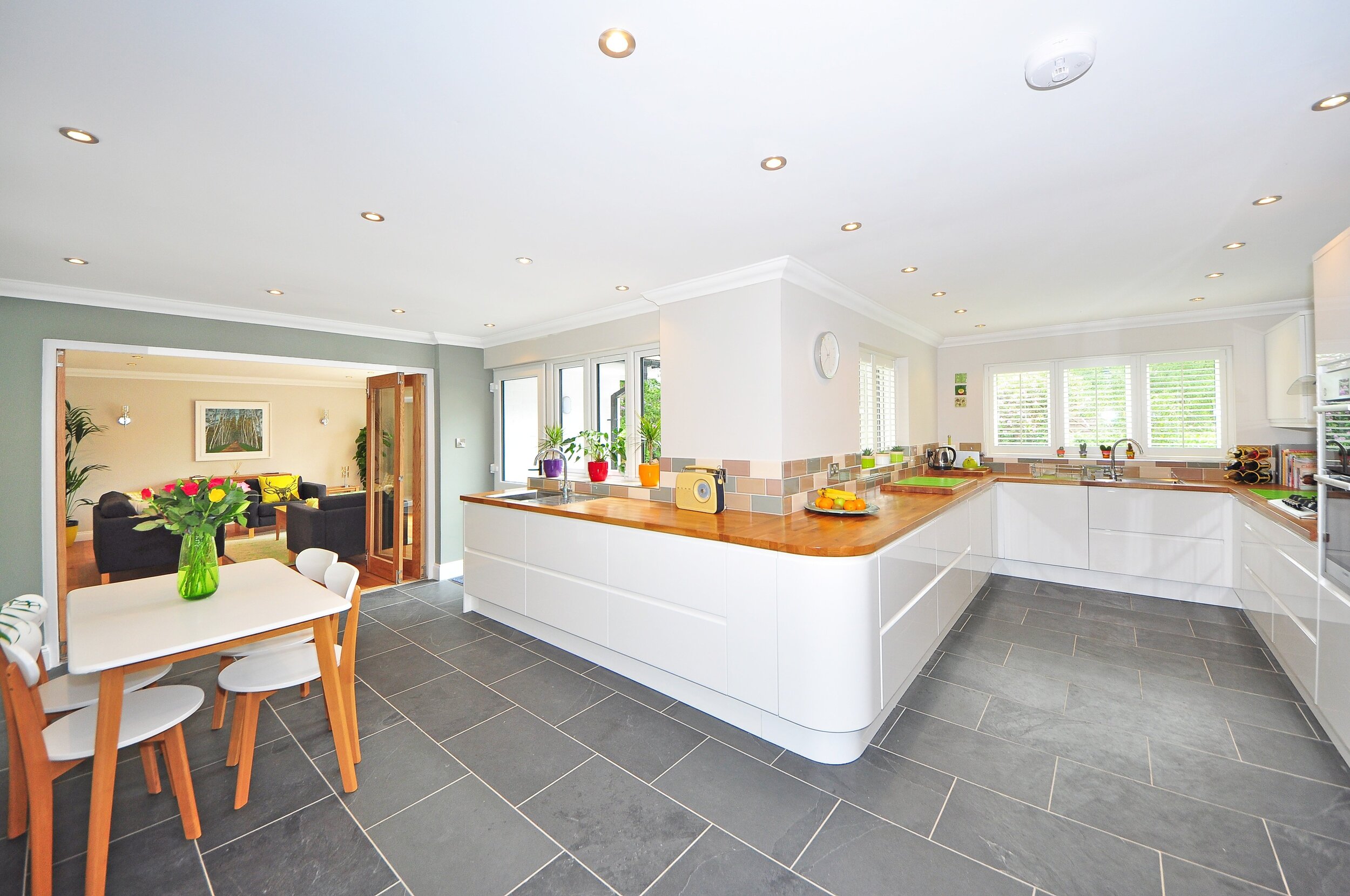Homebuyers Have Much to Consider as Mortgage Rates Show Large Swings
Consider the following when deciding to secure a mortgage rate.
Timing is everything in real estate transactions.
In recent weeks, 30-year mortgage interest rates have fluctuated wildly, first marking their largest one-week increase since 1987 and then plummeting to their lowest level since 2008. Homebuyers are unsure of whether and when to pay to lock in a rate, which guarantees it won't change between the time you apply for a mortgage and the time your house purchase closes because of the volatility.
The lock-or-not decision seems more challenging than ever: rates are still significantly higher than they were at the beginning of the year, but have now dropped for two weeks in a row as the yield on the 10-year Treasury note, a government bond closely related to mortgage rates, has fallen in response to recession fears.
Higher borrowing costs, which have already begun to affect the home market, may make it advantageous for prospective buyers—many of whom have been on the fence for months—to hold off a little longer.
Here's how mortgage rate locks operate and how to choose the best course of action for you:
What Is a Rate Lock on a Mortgage?
Rate locks protect borrowers from costly fluctuations by acting as an insurance policy against rising interest rates.
According to Keith Gumbinger, vice president of HSH.com, a website that publishes information about mortgages and other consumer loans, when homeowners apply for a mortgage, a lender normally allows them to lock in a rate for no cost for anywhere between 15 and 60 days.
Extended rate locks are offered for up to 180 days for people who believe it may take longer than 60 days to close on their home. But buyer beware: the cost increases with lock length.
An extended rate lock normally costs 0.25 percent to 1 percent of your loan balance. Gumbinger recommends borrowers to carefully understand the terms and conditions before requesting an extended rate lock. Either a refundable deposit or a non-refundable fee—a riskier alternative that often has a lower ceiling rate—will be requested by the lender.
"Does the price justify the security? Buyers must compare the expense of locking in the rate with the danger of future rates, according to T.J. Williams, regional vice president of Wealth Enhancement Group.
Although locks can shield borrowers from rising interest rates, there is always a chance that rates will fall rather than rise. Williams said that it's critical to search for a "float-down" option because of this. If the rate drops before the loan closes, borrowers might acquire it for a charge.
Before signing a contract, experts advise doing your research and comparing several lenders because there are a variety of features and pricing accessible.
According to Williams, "many consumers believe that the rate is the only expense." But there are a number of costs that might be factored in that must be taken into account. The loan's qualities could be more valuable than the interest rate.
The Case for Rate Locking
LoanDepot executive director Dan Hanson noted that lenders' policies regarding rate locks are always changing as they evaluate the level of volatility and risk they can bear in light of the fluctuating mortgage rates. Experts advise locking in a rate if you're under contract or intend to complete in the next 30 to 45 days due to the uncertainties.
That is particularly true for purchasers who are towards the top of their monthly mortgage budget and have a low risk tolerance for rising interest rates.
"Hoping is not a tactic. If you're under a contract to buy a property, you should always lock the rate if you've been approved by a lender and you feel happy with the rate, according to Hanson.
Extended rate locks may be worth the piece of mind even though the longer-term forecast for mortgage rates is uncertain, especially for consumers purchasing a new house. Home builders have had difficulty predicting when construction will be completed due to labor shortages and supply-chain concerns, so locking in a rate for a long time might provide budget certainty.
The Argument Against Rate Locking
According to Melissa Cohn, regional vice president at William Raveis Mortgage, the sharp increase in mortgage rates has encouraged clients to buy pricey rate locks in advance. Cohn forecasts that mortgage lenders will start lowering their rates and fees as they compete for customers once the "hysteria" has subsided.
Mortgage rates will likely drop as the Fed's aggressive measures to combat inflation begin to take effect, according to Cohn, who also said that it makes little sense to pay to lock in a rate at its top.
Additionally, purchasers should think about whether purchasing a property in the current market is the best course of action financially.
Williams stated that when recession fears rise, he evaluates each client's risk tolerance and ability to endure higher rates before encouraging them to proceed with a mortgage or property purchase.
Real estate specialists anticipate price increases to decrease or even reverse as the housing market begins to calm, despite the fact that many US cities saw skyrocketing home values during the pandemic-induced buying frenzy.
For those looking for a home who don't need to move right away, Hanson suggested that it "may be more wise to wait it out."
“We’re in a really turbulent time, but I think we will see appreciation slow,” he said.
Please feel free to reach out to the author discuss if you have any questions. ken@tribecagroupdfw.com | 202.256.9332


